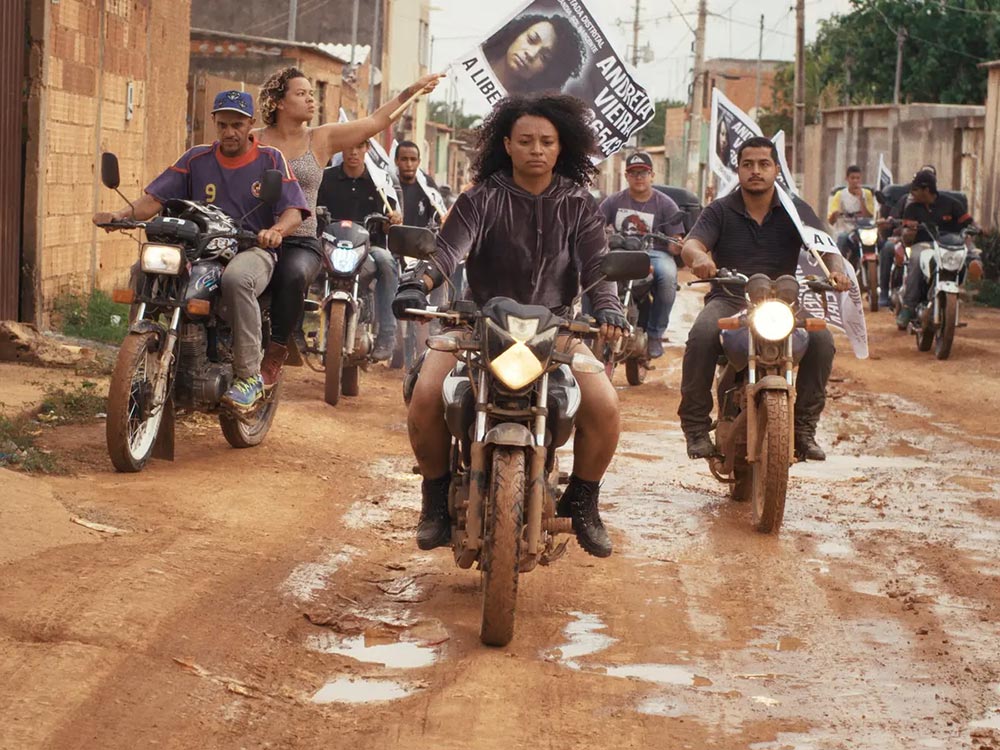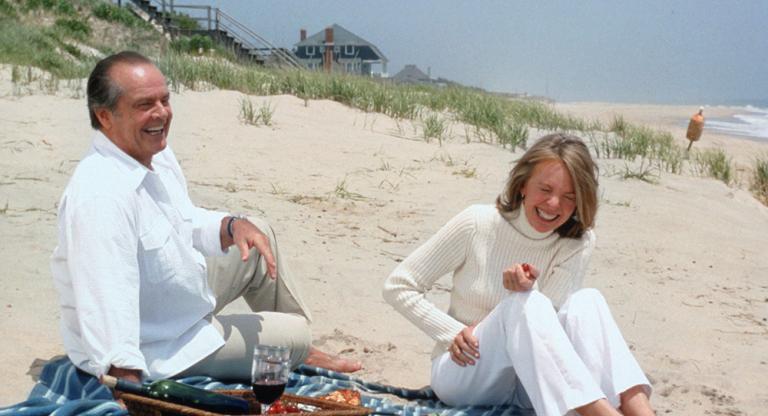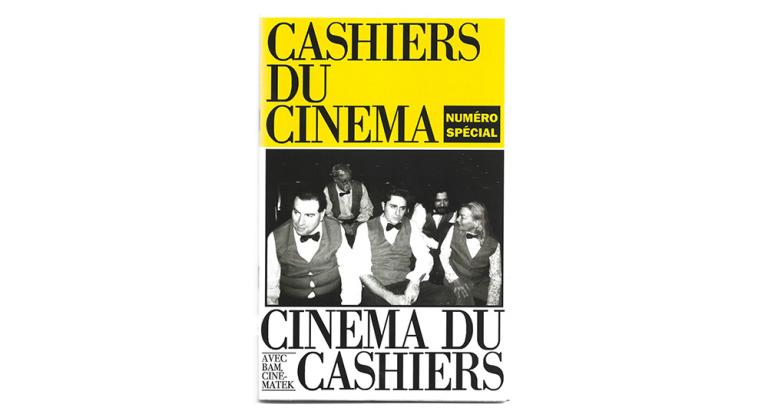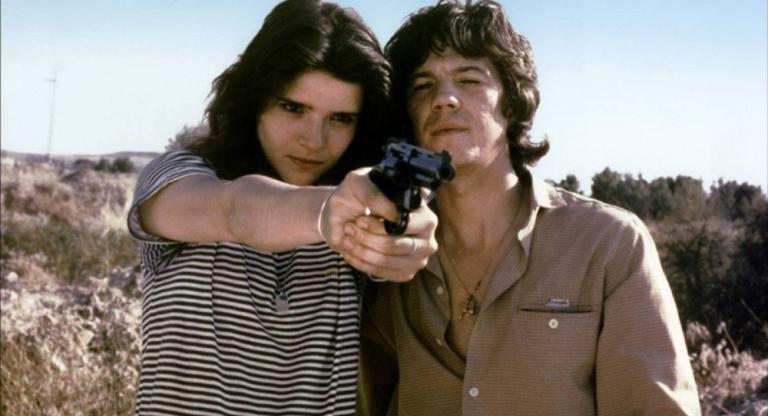Brazil’s nationalized oil company, Petrobras, was founded almost 70 years ago under the slogan “The Oil is Ours.” In Dry Ground Burning (2022), directors Joana Pimenta and Adirley Queirós take those words as seriously and literally as they should be, creating an explosive film that hands the means of production back to the people, seemingly in as many forms as can be found.
Loose with time, shot through with long sequences of arrocha funk and ’90s Brazilian rap, and filmed primarily at night, Dry Ground Burning is an ethnographic documentary, a feminist Western, and an alternately dystopian and utopian political hallucination. Filmed in the Sol Nascente neighborhood of the sprawling city Ceilândia, Dry Ground Burning follows “The Gasolinera” Chitara (Joana Darc Furtado) as she builds a DIY oil refinery, pulling from a pipeline that runs under their neighborhood. Partnering with her half-sister Léa, recently released from prison (the magnetic Léa Alves da Silva), Andreia (Andreia Vieira), and a group of other local women, Chitara sells the gasoline to male motorcyclists at a discount. All of this is illegal, as is much of the social life of this community living under the shadow of authoritarianism: the oil is hacked from the pipeline, the motorcyclist deliverymen are outlawed, and Sol Nascente has been forced under a 9 p.m. curfew, defied by every late-night performance of Banda Muleka 100 Calcinha (100 Panties), who pull up in a trailer to start a mobile party.
Adirley Quierós grew up in Ceilândia, lives there, and has set all of his films to date in its neighborhoods. It is worth noting that the city was “created” in 1971 when the workers who built the modernist, Oscar Neimeyer–designed city of Brasilia, the seat of Brazil’s government, were upon its completion forcibly displaced from its outskirts out into the desert. (Its name derives from CEI: Campaign to Eradicate Invaders—the “invaders,” of course, being the workers who built the place.)
Made in close collaboration with its non-professional actors, whose lives and conversations form the paths the film follows, Dry Ground Burning is a blueprint for a reimagination of a cinema of incarceration. Between working at the oil facility at night and brick-making by day, Andreia also runs for local office under the newly-formed Prison People’s Party, a political organization developed together by the film crew and their collaborators, for which they collected signatures, held community meetings and rallies, and gathered organic support. Andreia campaigns under a platform to secure basic services like sewage, end the curfew, and restore rights to the incarcerated and their families. (The Bolsonaro-supported candidate ultimately won.)
Much of Dry Ground Burning is revealed in long conversations between women, and is a potent, stick-in-the-eye documentation of the power of the circulation of stories—in their own hyper-specific regional slang, through music, between generations across a kitchen table, and most crucially, in the transmission of updates and legends passed both between women in jail and to their friends and family on the outside.
All of that can be much better stated by rapper Mente Consciente, whose track “DF Faroeste” scores a late sequence of Léa riding a motorbike through the dust: “Good fucking people tell their story by the fire.” The fire, in this case, being a police vehicle, stripped of its parts, doused in stolen gasoline, and set aflame.
Dry Ground Burning screens this evening, January 14, at the Museum of Modern Art as part of the series “The Contenders 2022.”



